Storing Cast Iron: Best Practices

We love cast iron cookware. It's strong, it's dependable, and it's a great addition to your kitchen. Chefs have been cooking with cast iron for centuries, and we love to continue that tradition!
Cast iron does need a little care and attention for it to last but treat your cast iron well, and it can last longer than a lifetime. Once you figure out how to season cast iron, storing cast iron properly is naturally the next step in learning to care for your cast iron!
What's the best way to store cast iron?
Any budding chef needs a solid selection of cast iron cookware in their kitchen: Pans, skillets, griddles, or woks. Cast iron comes in a fantastic array of shapes and sizes to suit all your cookery needs.
But cast iron cookware is heavy and bulky, so you need to think about where you're going to be storing it. Proper cast iron storage should keep your cookware in top shape for your next cooking session; it should stop it from rusting and exponentially prolong its lifespan!
Where exactly you store your cast iron will depend on your kitchen layout, the space you have available, and how much cooking equipment you need to keep safe. Here are a few tips:
- Keep cast iron in a cool and dry place
- Only store cast iron when it's clean and absolutely dry (this stops pans from attracting rust)
- Wrap your cast iron in paper towels to protect them
Where should I store my cast iron cookware?
Always try and create a dedicated storage space for your cast iron. That way, you know you have a safe, secure, and dry spot for it to be kept when it's not being cooked with.
Here are a few of our top cast iron storage ideas:
1. A dry cabinet
Cabinets and cupboards are the most obvious choice when considering how to store cast iron. Every kitchen has them, and as long as it's not directly next to or underneath the sink, it should be dry enough to store cast iron cookware.
Cabinets need to be large enough to hold your cast iron, which is usually quite bulky. The shelving units need to be strong enough to support the weight of the cast iron if you have multiple shelves. This is especially vital if you plan on storing several pieces of cast iron cookware.
Before you put your skillets and pans in the cupboard, though, it's good practice to check that there are no leaks and that it isn't damp (you can give the cabinet shelves a quick clean too, before storing your cast iron away!).
2. Stovetops
If you're running out of cupboard space or if your pans are too large and bulky to sit on the shelves, then the most accessible place to store your cast iron cooking gear is on the stovetop.
This works particularly well if you are regularly using your cast iron cookware, but if you only use it on occasion, it could start to get in the way. Make sure the stovetop is kept clean and dry.
3. On the wall
A great custom-made alternative to cupboards and stovetops is to install hooks on the wall, from where you can hang your cast iron pots and pans. The wall hooks need to be sturdy and well embedded, as they have a lot of weight to handle in the long run.
Again, keep the hooks away from the sink so there's no chance they can get caught in the splash zone. Hooks are great for organizing your cast iron cookware if you have several items, while hooks will also keep your cast iron within easy reach when you need it for cooking up your next meal.
4. In the oven
We are often asked "Can I store my cast iron in the oven?" YES! This can be one of the best cast iron storage solutions if you're running out of space elsewhere. It can be particularly convenient if you find that you often cook casseroles in the oven with your cast iron skillets too.
The oven is one of the driest places in your kitchen, just remember to remove your cast iron when you are preheating your oven.
Storing your cast iron - pro tips
Paper towels
If you're storing your cast iron in the oven, in cabinets or cupboards, or even just on the counter or stovetop, then you can keep it clean and dry by wrapping it up in paper towels.
This is an excellent tip if you're storing several pieces of cast iron on top of one another, as the paper towels really help to protect the surface of the pots and pans from scratches.
Don't store food in cast iron pans
When you're storing you're cast iron cookware, it's really not a good idea to store it with any food. If you've cooked up a casserole or stew, it can be tempting to leave the leftovers in the pan and place it in the oven or even the fridge for later.
We don't recommend this. Instead, move any leftovers into a more suitable container. Certain foods can actually start to react with the cast iron, and we can tell you, it won't taste great. Leftover food can attract more moisture too, and ultimately lead to rusting.
Only store clean and dry cast iron!
The most important point we want you to take away from today's article, is that cast iron must be clean, and it must be bone dry before you store it away.
If cast iron is wet or damp or stored in a moisture-rich environment (under the sink, for instance), it can quickly attract rust. Long term, this isn't good, and it makes your life a lot more difficult the next time you need to cook with your cast iron skillet!
Before you stash away your cast iron, make sure that it's been thoroughly cleaned, then make sure you've dried it properly.
Storing your cast iron - FAQ
How do you store a cast iron skillet for a long time period?
You might find that you need to keep your cast iron stored away for a long period of time. You might be going on holiday for a few weeks, or you might find you're not using it as much as you once did and don't need it so close to hand.
The best place for cast iron storing in the long term is a safe and secure cupboard. As we've already pointed out, just make sure it's completely dry and free of damp or moisture.
Before long-term storage, it's a good idea to give your cookware a good long clean. Scrub off the seasoning and any residue and leave it to dry through. Wrap the cast iron in paper towels and then store them away only when they are absolutely dry.
How to keep cast iron from rusting
When you're storing your cast iron, you really don't want it to rust. While it isn't the end of the world, if it does, it will take a lot of effort when you have to clean the rust off. While rust isn't dangerous, it doesn't exactly add to the flavor of the meal you're cooking.
We can't stress enough how incredibly important it is to keep your cast iron pans dry, because this is the best way to prevent rusting in the first place. If rust does start to form, it will need to be removed as soon as possible.
How to care for cast iron so it doesn't rust
#1. Don't soak the pan
Cast iron is very prone to rust. It's best to limit its exposure to water as much as possible. Don't soak your pan in water in order to clean it.
#2. Don't let it air dry
Again, too much moisture on your cookware is going to lead to rust. Once your cookware is clean, dry it off with a paper towel or a cloth. To make sure it's completely dry, you can put it on the stove and burn off the excess moisture.
#3. Layer with oil after use
Once your cookware has been used, cleaned, and dried, lightly layer it with some vegetable oil. Is you've ever wondered how to keep cast iron seasoned, this will do the trick and will prevent rusting.
#4. Certain foods should be avoided
Some foods, especially food that is acidic, can damage the seasoning of your pan or pot and can lead to rust. These foods include tomato and vinegar. The best thing is to avoid cooking with these types of foods altogether if you can. Cookware that is very well-seasoned should be fine. But use caution.
#5. Use often
Cast iron needs to be used as often as possible. When you store it away, it doesn't get much air circulation and this will most certainly lead to rust. When thinking about how to store a cast iron skillet, for example, make sure you can access it easily and use it as much as you can.
The final word on storing cast iron pans
Now you know how to store away your favorite cast iron cookware when you're not using them in the kitchen. Cast iron pans, pots, and skillets are most obviously stored in cupboards, but if you run out of space, remember that there are other options available. The next time you're thinking about where to store cast iron pans, think about placing them on the stove for easy access. Inside the oven is a great spot for cast iron pan storage. And you can also hang your cookware on the wall.
Remember, too, that cast iron is prone to rust. Make sure you're not soaking it, you're drying it well, you're lightly seasoning after you've used it, you're avoiding acidic foods, and you're using it as often as possible.
Be sure to hang on to this post so you can reach it each time you are wondering how to store cast iron pans.
Check our partners Wise Moose Fire pit poker on Amazon.
Check our best Cast Iron Hibachi Grill on Amazon.
2 Responses
Annie Chua
Love the tips!
Leave a comment
Comments will be approved before showing up.
Also in Tips
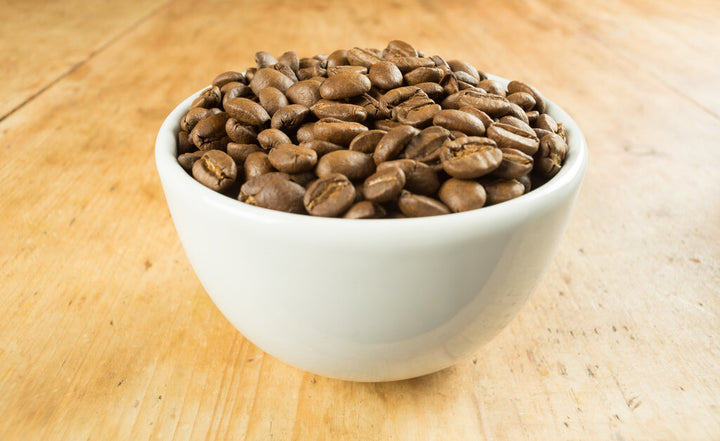

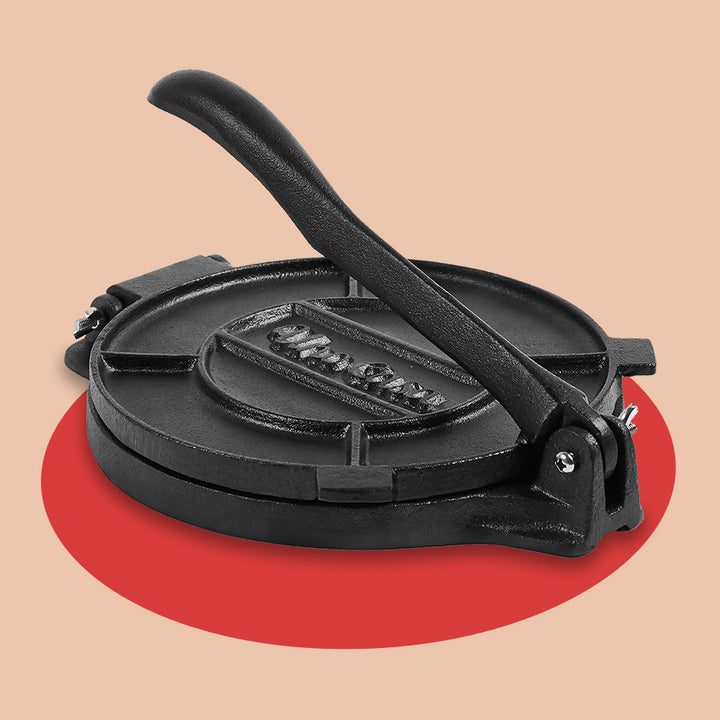
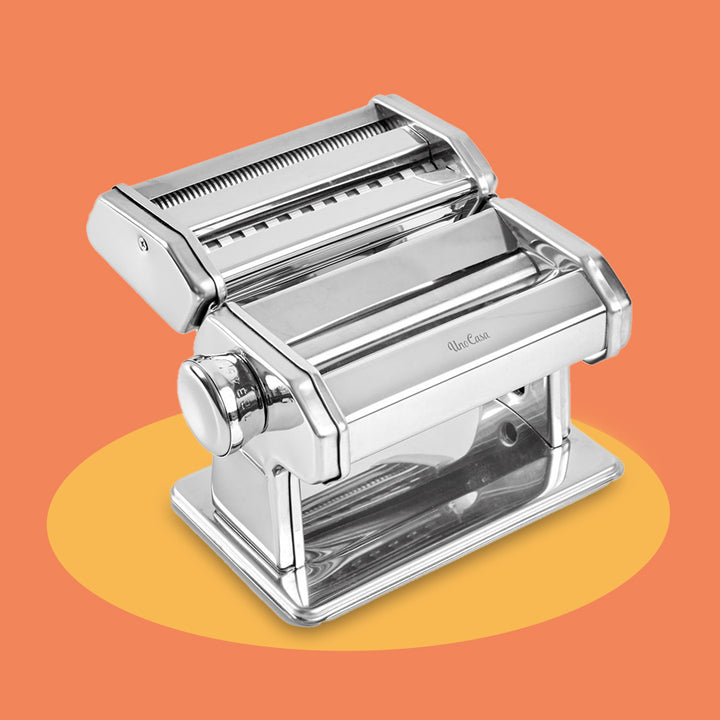
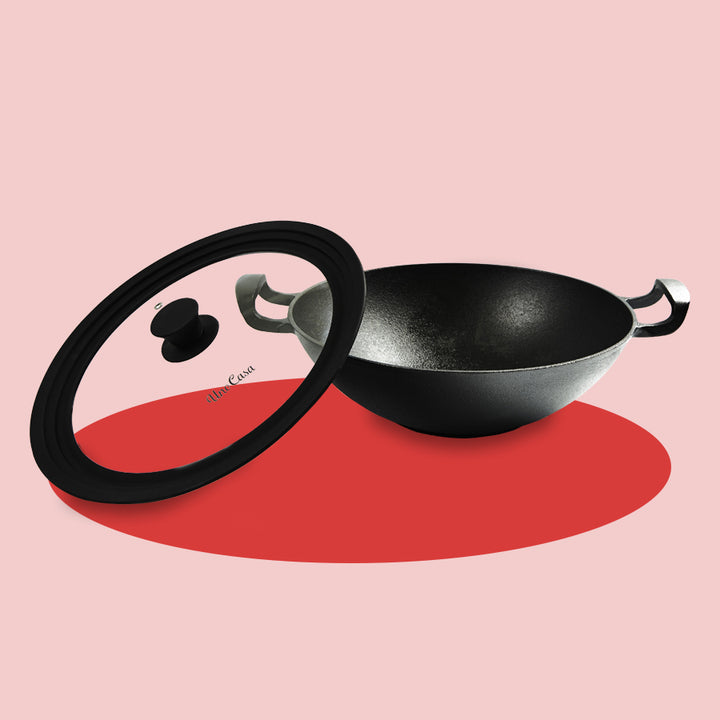
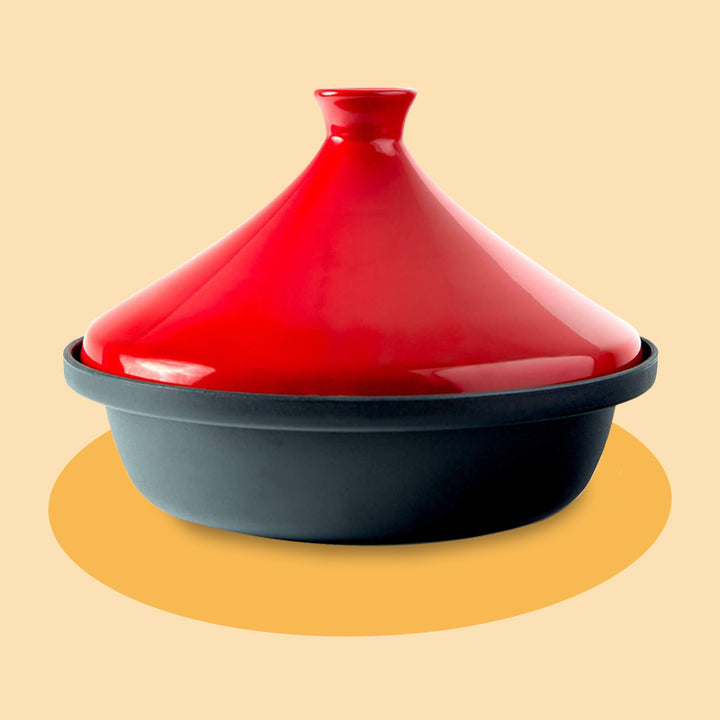
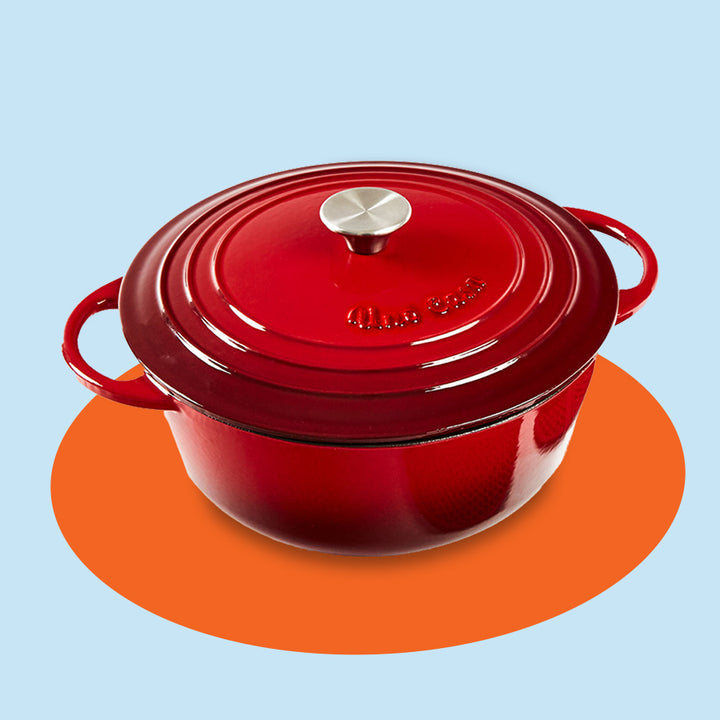
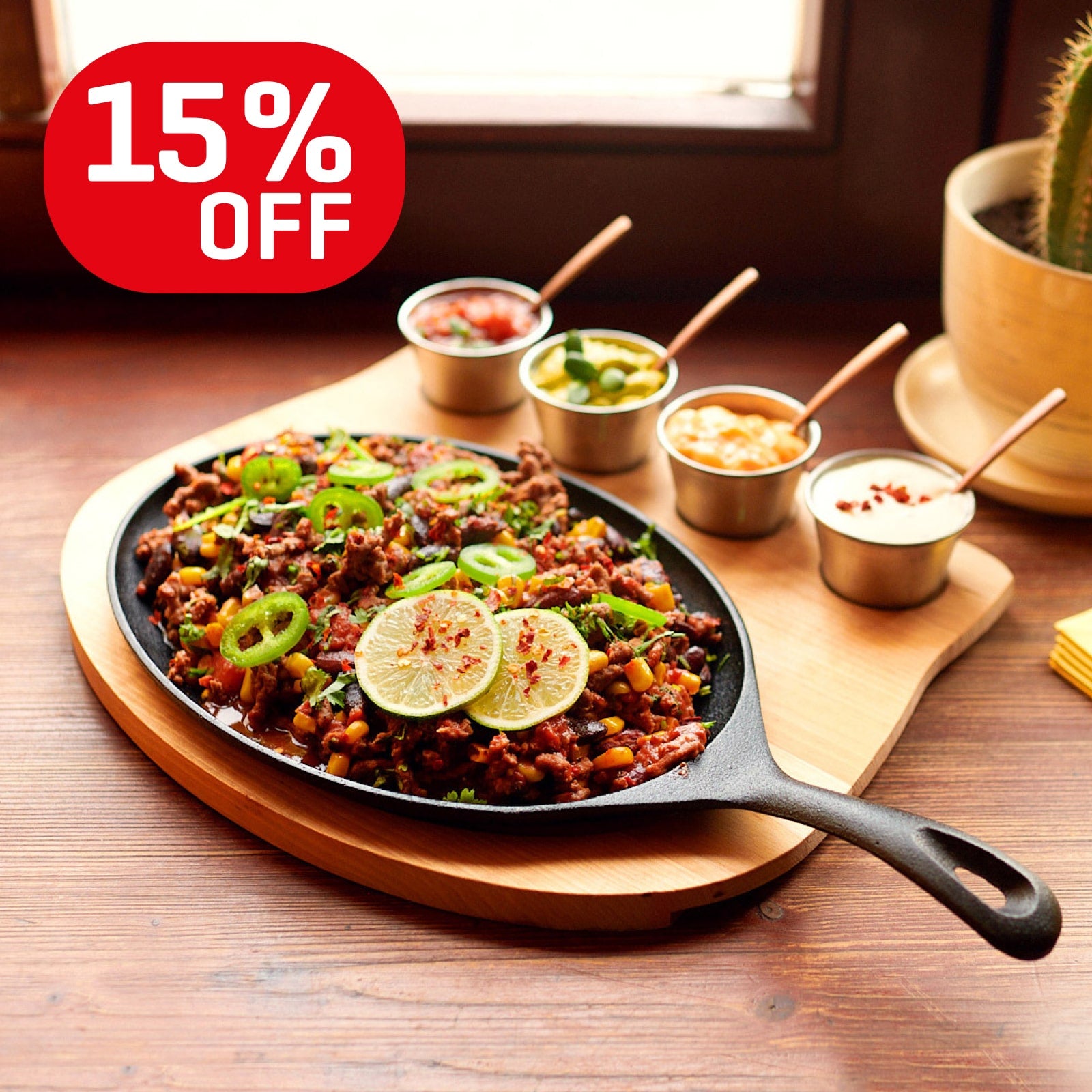
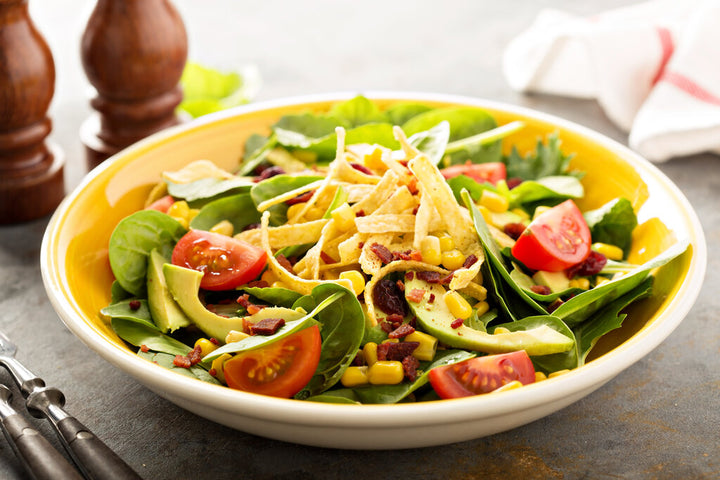
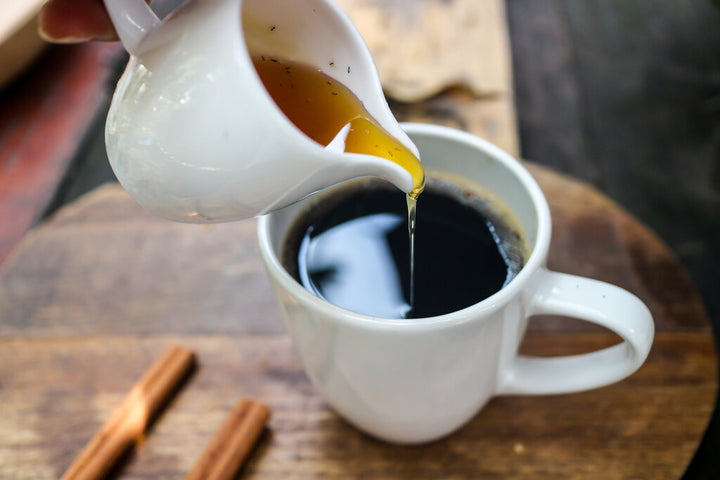
Deb
June 20, 2022
Thanks for the great tips!!!